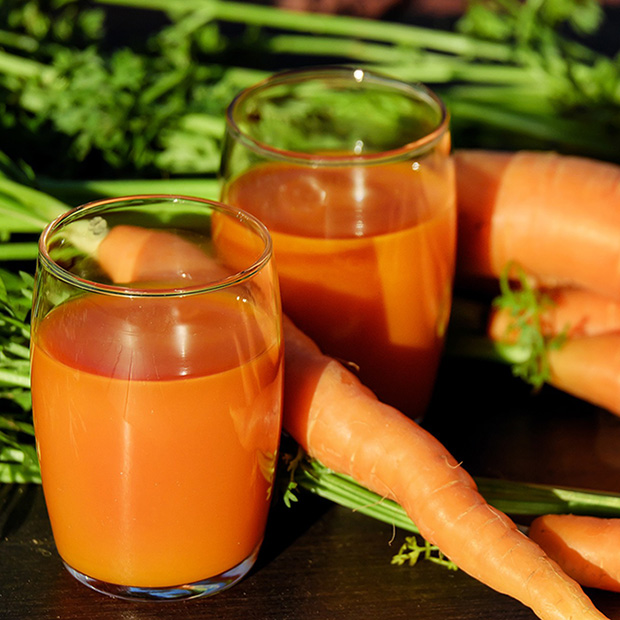The Best Foods For Eye Health

Have you heard that eating carrots will give you great night vision?
That’s actually a leftover idea from World War II propaganda. The British didn’t want enemy soldiers to learn about their new radar technology, so they claimed their airmen got their night vision by eating carrots! Whether or not the Germans fell for it, the idea stuck around.
So is there any truth to it? Maybe not to the part about superior night vision, but carrots and other foods do contain nutrients that help our eyes stay healthy!
Sweet Potatoes And Oranges
Two important antioxidants that help us stay healthy are vitamins C and E. Vitamin C can lower our risk of developing cataracts and may even slow down the progression of age-related macular degeneration. The easiest way to get vitamin C is by eating plenty of citrus fruit, such as oranges, grapefruits, and lemons. Vitamin E protects our eyes from “free radicals,” molecules that disrupt healthy tissue, and you can get it by eating sweet potatoes and nuts!
Fish
Fish are the best source of omega-3 fatty acids, which are crucial for brain function and a healthy immune system. Research has shown that they also play a critical role in our visual development and retinal function.
Eggs And Leafy Greens
Studies have shown that the nutrients lutein and xeazanthin are linked to a lowered risk of chronic eye diseases like cataracts and age-related macular degeneration, and the foods that have the most of these are eggs and leafy greens!
Carrots
Carrots, along with other yellow, orange, or leafy green fruits and veggies, is an excellent source of vitamin A. These types of produce get their color from beta-carotene. Our intestines use beta-carotene to make vitamin A, which helps our eyes convert light into brainwaves and is an important component of our corneas (the clear part of the front of our eyes). Vitamin A deficiency leaves up to half a million children blind each year!
Oysters
Oysters are a great source of zinc. Why do we need zinc? It’s essential to many processes in our bodies, including helping vitamin A get from our livers to our retinas. It doesn’t matter how much vitamin A we eat if it can’t get to where it needs to go! If you’re not a fan of oysters, you can get your zinc in smaller doses from meats, beans, and nuts.
Another Component Of Eye Health Is Eye Exams!
Your eyes are sure to benefit when you add more of these nutritious foods to your diet, but even the healthiest food isn’t a substitute for regular eye exams! Poor nutrition isn’t the only thing that can cause eye problems, which is why it’s crucial to schedule appointments with us, especially if you’ve noticed any changes in your vision.